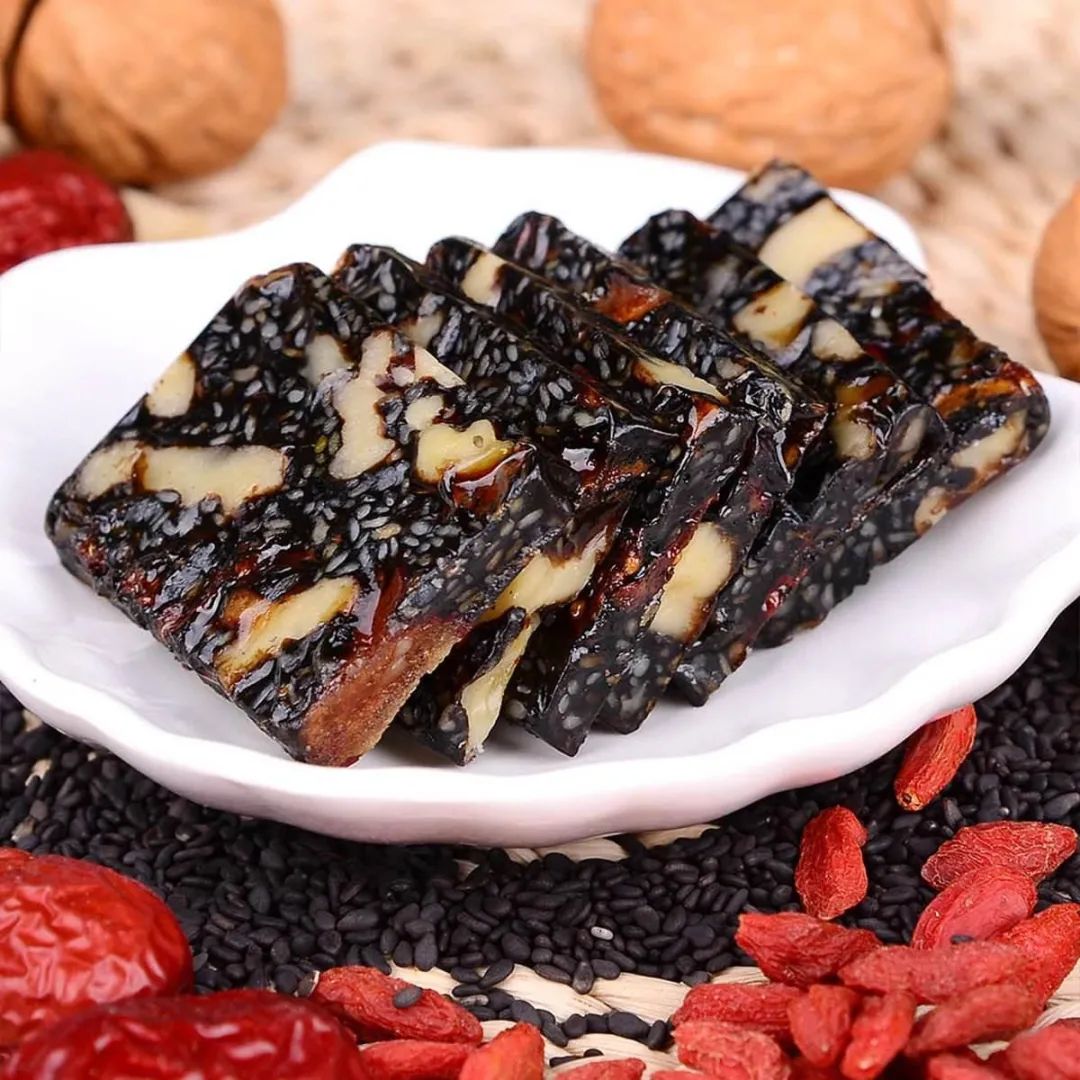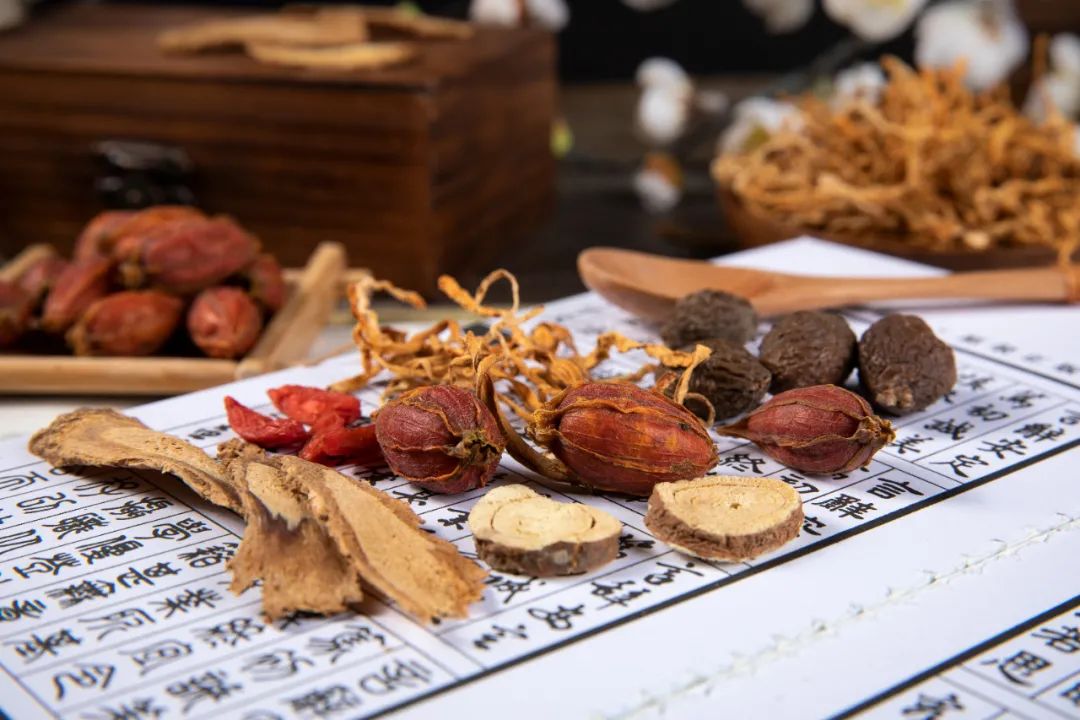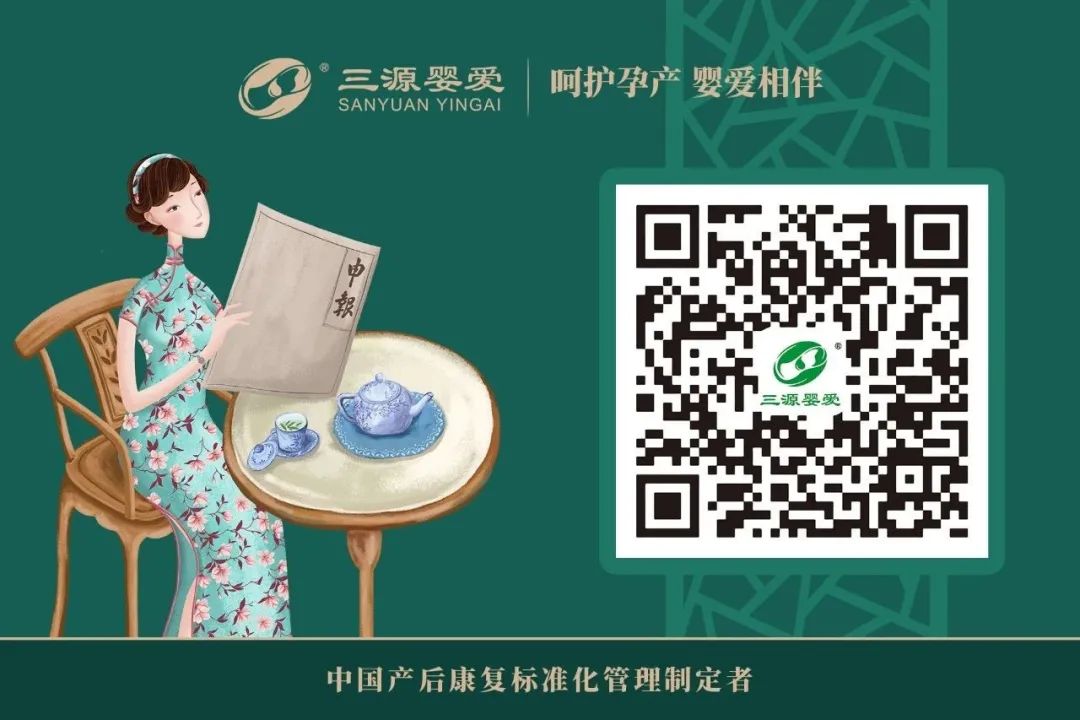Have you ever experienced this: squatting on the ground for two minutes, then suddenly standing up, and everything goes black for a moment?

If so, you are likely experiencing blood deficiency! Let Sister Xue Li share some nourishing methods for blood deficiency.~
Eight Major Symptoms of Blood Deficiency
-
Individuals with blood deficiency often have a dull complexion, lacking the rosy hue.
-
People with blood deficiency are prone to insomnia, known as “blood not nourishing the heart,” which leads to sleep disturbances. This is a common cause of insomnia among modern individuals.
-
Those with blood deficiency may experience forgetfulness, easily forgetting names of people they just met, which is also due to blood not nourishing the heart.
-
Individuals with blood deficiency often have pale mucous membranes, such as the color of their nails, lips, and eyelids, which appear very pale.
-
People with blood deficiency tend to feel fatigued. Generally, women enjoy shopping, but those with blood deficiency may feel as if their “bones are about to fall apart” after just one street. Additionally, during fatigue, they may experience palpitations, a weak and irregular heartbeat, and dizziness.
-
In summer, individuals with blood deficiency may have warm hands and feet, but in winter, their extremities become cold. They may also feel cold when entering an air-conditioned room in summer, indicating that blood deficiency fails to nourish the limbs. Such individuals are sensitive to cold winds and need to wear more clothing in winter.
-
Squatting for two minutes and then standing up suddenly may cause a momentary blackout, indicating insufficient qi and blood. However, TCM theory states that qi and blood mutually generate each other, so supplementing blood can often yield excellent results.
-
Individuals with blood deficiency have a pale white tongue without a rosy appearance.

Many people think that blood deficiency is the same as anemia, but in reality, there are certain differences. Many individuals with mild blood deficiency may not show anemia in blood tests; however, those with severe blood deficiency often meet the anemia criteria in blood tests.
Four Key Nourishing Methods
1. Dietary Nourishment
Traditional Chinese Medicine (TCM) believes that women are fundamentally reliant on blood. For women with blood deficiency, the key to nourishing the body lies in nourishing the blood, and the key to nourishing the blood is strengthening the spleen and replenishing qi.

In daily life, women with blood deficiency can nourish their symptoms through diet. For example, regularly consuming blood-nourishing foods such as spinach, peanuts, lotus root, black fungus, chicken, pork, lamb, and sea cucumber, as well as fruits like mulberries, grapes, red dates, and longan.
2. Herbal Nourishment
TCM emphasizes internal regulation. In addition to dietary nourishment, women with blood deficiency can also use appropriate herbal remedies to assist in alleviating blood deficiency symptoms.

Common blood-nourishing herbs include Dang Gui (Angelica Sinensis), Shu Di Huang (Rehmannia Glutinosa), Chuan Xiong (Ligusticum Chuanxiong), Bai Shao (White Peony), and A Jiao (Donkey-hide Gelatin), which are all beneficial for women. It is advisable to prepare herbal decoctions under medical guidance, although these herbal brews can be bitter and difficult to swallow.
To enhance the patient experience, these herbs can be combined with blood-nourishing foods to create palatable medicinal dishes, providing nutrition while achieving the goal of nourishing blood and qi, and addressing the bitterness of the herbs. Well-known dishes like Dang Gui Lamb Soup and Four Substance Chicken Soup (made with Dang Gui, Shu Di Huang, Chuan Xiong, and Bai Shao simmered with chicken) are excellent for nourishing blood.
3. Emotional Nourishment
Emotions are like a “double-edged sword”; positive emotions benefit the body and mind, promoting health, while negative emotions act like chronic “poison,” gradually undermining health and causing both physiological and psychological harm.
Emotions play a crucial role in the nourishment of blood deficiency. A cheerful disposition and an optimistic personality not only enhance immunity but also promote overall health, while also boosting the body’s bone marrow blood production, resulting in a rosy and radiant complexion for women with blood deficiency.

Therefore, women with blood deficiency should maintain a positive and optimistic emotional state in daily life, avoid excessive mental stress, and prevent overthinking and fatigue. Learning to appropriately regulate one’s mood is also beneficial for alleviating blood deficiency symptoms.
4. Lifestyle Nourishment
Women who already suffer from blood deficiency often have unhealthy lifestyle habits such as staying up late, picky eating, smoking, and drinking, which undoubtedly exacerbate blood deficiency symptoms.

Conversely, ensuring adequate sleep, maintaining a regular schedule, enjoying moderate entertainment, and balancing work and rest are healthy lifestyle practices that benefit women with blood deficiency.
Additionally, women with blood deficiency should avoid sexual activity during special physiological periods such as menstruation or postpartum, as this can harm their health. It is also important to remind women not to excessively diet in pursuit of a slim figure, as this unhealthy habit can damage bodily functions and worsen blood deficiency.
(The above images and text are sourced from the internet; please contact us for removal if there are any copyright issues.)



